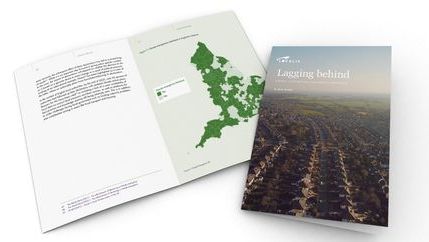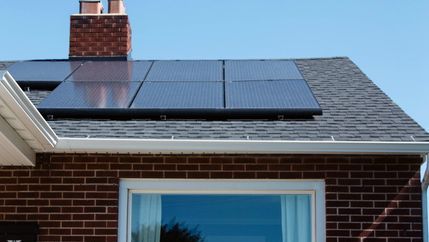
Propertymark’s ongoing engagement
The importance of ensuring practical, equitable support must not be underestimated. We believe that a flexible grant system would better serve property owners, supporting the path to net zero while minimising housing market disruptions.
Propertymark has been actively engaging with policymakers to address decarbonisation and broader housing issues in Northern Ireland. We have urged the Department for Communities to prioritise increasing the housing supply, regulating property agents, and taking a carefully considered approach to energy efficiency targets.
Furthermore, we have called for more ambitious plans to provide essential housing, emphasising the need for realistic funding and incentives for landlords, tenants, and homeowners to upgrade their properties. This approach aims to achieve more energy-efficient homes, lower bills, and reduced emissions in the property sector.
By addressing the specific challenges of low-carbon heating and the broader housing policy landscape, we aim to support our members in navigating the evolving regulatory environment and contributing to Northern Ireland's sustainable future.
View the consultation documents →
Measures must address reality
36% of Northern Ireland’s population lives in rural areas, where research shows that homes are more likely to have poor insulation and be more difficult and expensive to retrofit.
It is vitally important that the energy efficiency support system introduced in Northern Ireland does not lead to homes being abandoned because they are too inefficient This could occur if the approach does not account for the wide range of environments buildings and how they are designed.
We advocate for a robust exemption framework and tailored solutions which provide realistic options for homes where heat pumps are not feasible.
Enhanced financial support
Retrofitting is expensive, and without meaningful financial incentives, including grants, tax breaks, or broader eligibility criteria, property owners and landlords may struggle to upgrade their properties. . Overall energy efficiency, not just specific technologies should be the focus of support which will bring maximum impact.
We believe all domestic properties should qualify for low-carbon support, including those with unique barriers, such as rural or older properties. Self-builds and homes without central heating should also be included.
Consumer protection
To build confidence in low-carbon technologies, installers must meet rigorous accreditation standards, with funding available for certification fees. This will ensure high-quality installations, support small, local businesses, and help reduce the risk of scams by unscrupulous traders.







